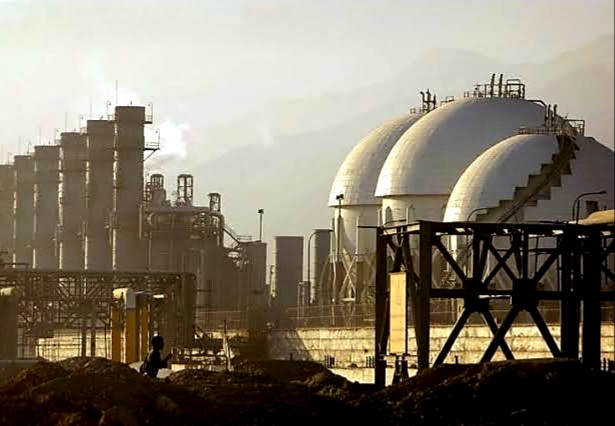October 03, 2024 (MLN): Oil prices jumped for a second day after Prime Minister Benjamin Netanyahu vowed to retaliate against Iran after it fired nearly 200 ballistic missiles at Israel, escalating the conflict in the Middle East.
Global benchmark Brent rose 3% to near $75.79 a barrel after rising more than 5% on Tuesday.
While the price of West Texas Intermediate Crude (WTI) rose by 3.29% to reach $72.13 per barrel.
Although Israel and Iran have been at loggerheads since the war in Gaza against Tehran-backed Hamas began nearly a year ago, previous surges have been short-lived in the absence of any real disruption to oil production, Bloomberg reports.
Iran pumped out about 3.3 million barrels of oil per day in September, according to a Bloomberg survey.
“Although the geopolitical risk premium increased on Tuesday, our instruments suggest that this premium remains moderate,” wrote Goldman Sachs analysts including Yulia Zhestkova Grigsby. “As a result, oil prices remain sensitive to supply disruption risks.”
Iran and Israel traded attacks against each other earlier this year, with Tehran launching a volley of missiles and drones in April that was announced in advance and caused little damage.
A limited, retaliatory Israeli attack against Iran followed a few days later. Oil prices fell more than 3% that week.
The surge in crude oil prices reflects investors assessing a renewed risk premium for the world’s most important commodity, as the Middle East accounts for about a third of global supplies.
Safe assets including bonds, gold and the US dollar also rose amid the latest escalation of the conflict.
RBC Capital Markets LLC said in a note that many participants “have downplayed the risk” of supply disruptions, but energy infrastructure could become a target for both sides. It added that Tehran and its proxies “could potentially target energy operations in other parts of the region to internationalize costs if the current crisis turns into a full-blown war.”
Meanwhile, OPEC+ is scheduled to hold an online meeting of the Joint Ministerial Monitoring Committee – a technical panel to review global oil markets – on Wednesday.
The group is set to restart some of its idle production from December after initially delaying the plan.
Oil prices continue to flourish as Israel threatens retaliation after Iran attack




